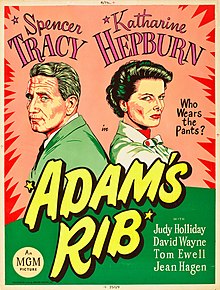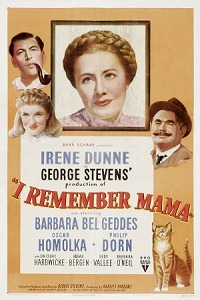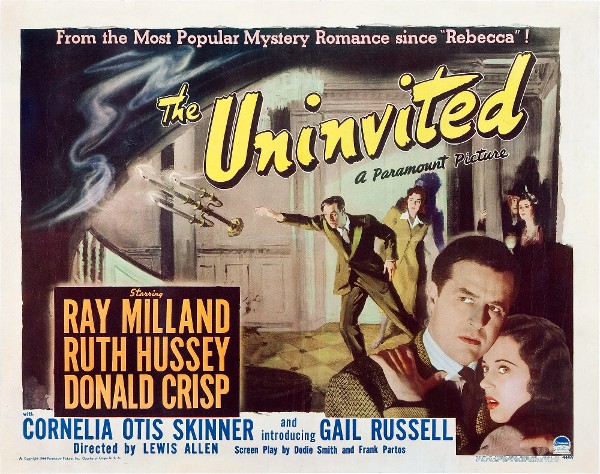Having lost his gas station, Joe Norton (Farley Granger) and his wife Ellen (Cathy O’Donnell) are forced to move in with her parents. The only work he can find is as a temporary mail carrier. With a baby on the way, Joe steals what he thinks is $200 from a man on his delivery route, only to find the file contains $30,000. When he tries to return the money, he discovers it has disappeared, and the criminals from whom he stole it are now after him. Today, we’re looking at Side Street (1950).
Our initial reaction to Farley Granger's Joe was that the character is a complete idiot. He starts out as almost listless and passive, then endangers himself, his wife, and his child by stealing from an office to which he's been delivering mail. Finally, to add insult to injury, he gives the money (wrapped in some brown paper) to a bartender to hold for him. These early scenes have the viewer constantly head shaking because Joe is SO stupid. Happily, the character begins to grow and Mr. Granger is ultimately able to make us care for him - first because of his family, but finally because he cares about his wife so much, and really does repent his actions.
The film starts with voice-over narration by Paul Kelly (Captain Walter Anderson); while some of it is interesting (especially the information about New York City, circa 1950), much is superfluous. Mr. Kelly is very good in what is really a very small part (removed from the narration), and perhaps his reassurances at the end of the film might be welcome to some members of the audience. Mostly though, it felt as though the filmmakers really wanted to be compared to The Naked City (1948).
Whether you agree with everything director Anthony Mann did, it is apparent that he hired actors who gave some amazing performances. The first that comes to mind is James Craig as Georgie Garsell. If your mind immediately goes to images of Editor Halverson in Our Vines Have Tender Grapes (1945) or reporter Mike Regan in Lost Angel (1944), think again. Georgie is a psychotic individual whose eyes gleam when he knows he is a going to kill someone. Mr. Craig plays him with some degree of relish, but never goes over-the-top. He makes Georgie both scary and human.
The always impressive Jean Hagen (Harriet Sinton) is wonderful in a part that is almost a cameo. This is only her third movie, and she is convincing as an alcoholic singer with the hots for Georgie. She has a brief scene with Mr. Granger (making an interesting foil to his real love interest), and then a scene with Mr. Craig. You will, however, remember her at the end.
Several other actors should be acknowledged, many in uncredited roles. Charles McGraw has a brief appearance as Detective Stanley Simon. Richard Basehart appears briefly - and uncredited - as a bank teller; likewise, King Donovan as Detective Gottschalk and Ben Cooper, in his first film role as Young Man at Cleaners are not listed in the credits.
Shot on location in New York City (AFI catalog), the cinematography by Joseph Ruttenberg is impressive. He uses aerial shots to increase the claustrophobic atmosphere of the city, making the skyscraper streets appear as mazes. In her book on Anthony Mann, author Jeanine Basinger comments that "[Joe's] world is one he can neither control nor see fully, trapped as he is in the small canyons below." There is also an impressive car chase scene in the narrow confines of New York's Wall Street area (TCM article).
If you are at all interested in New York City locations, I suggest visiting the NYC in Film blog and take a look at some of the amazing photos the author has compiled showing the City then and now.
While not well received by Bosley Crowther in his New York Times review, the reviews at the time were mixed, and the film has been more fairly judged in recent years. This is an enjoyable film that will keep you interested throughout. We'll leave you with a trailer:















